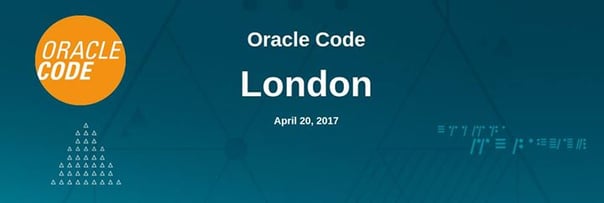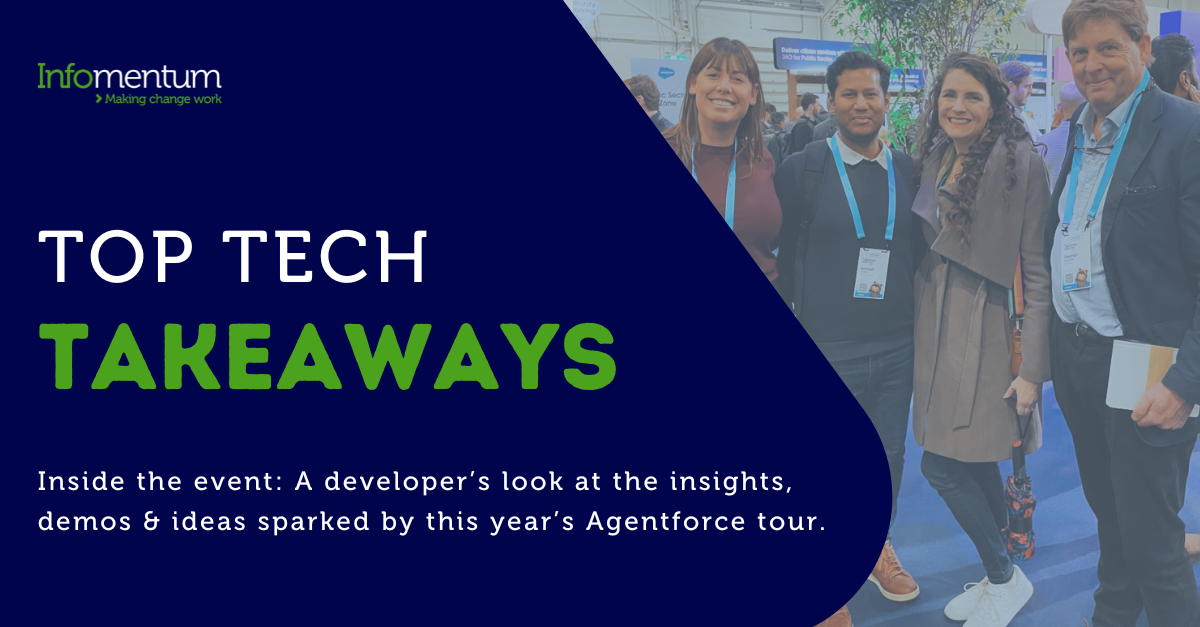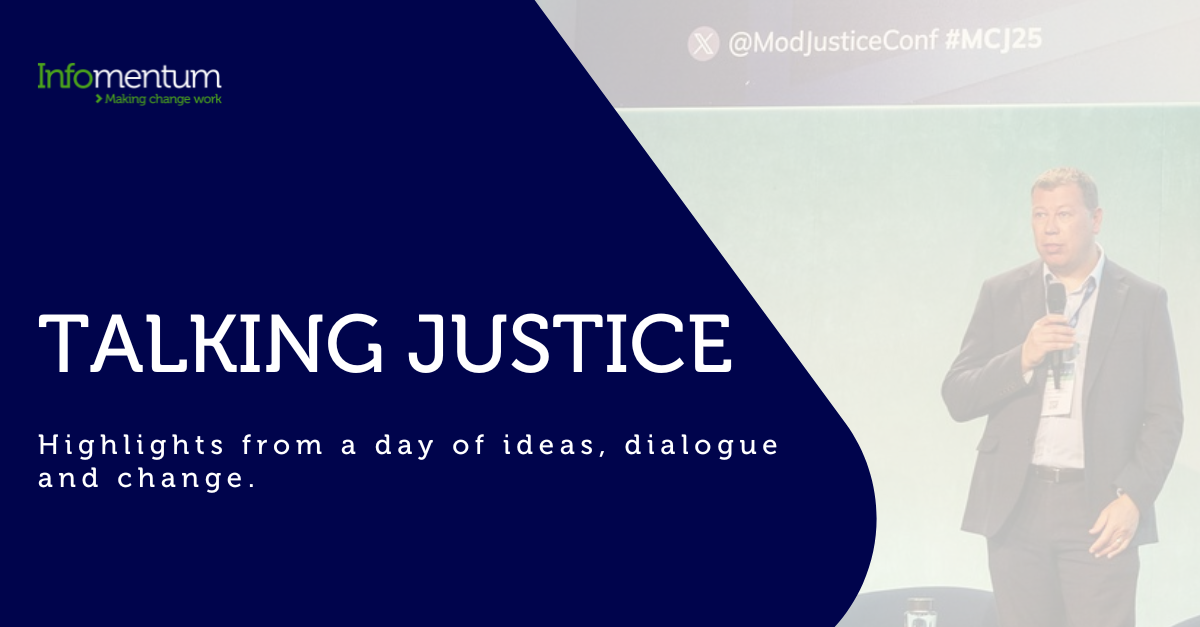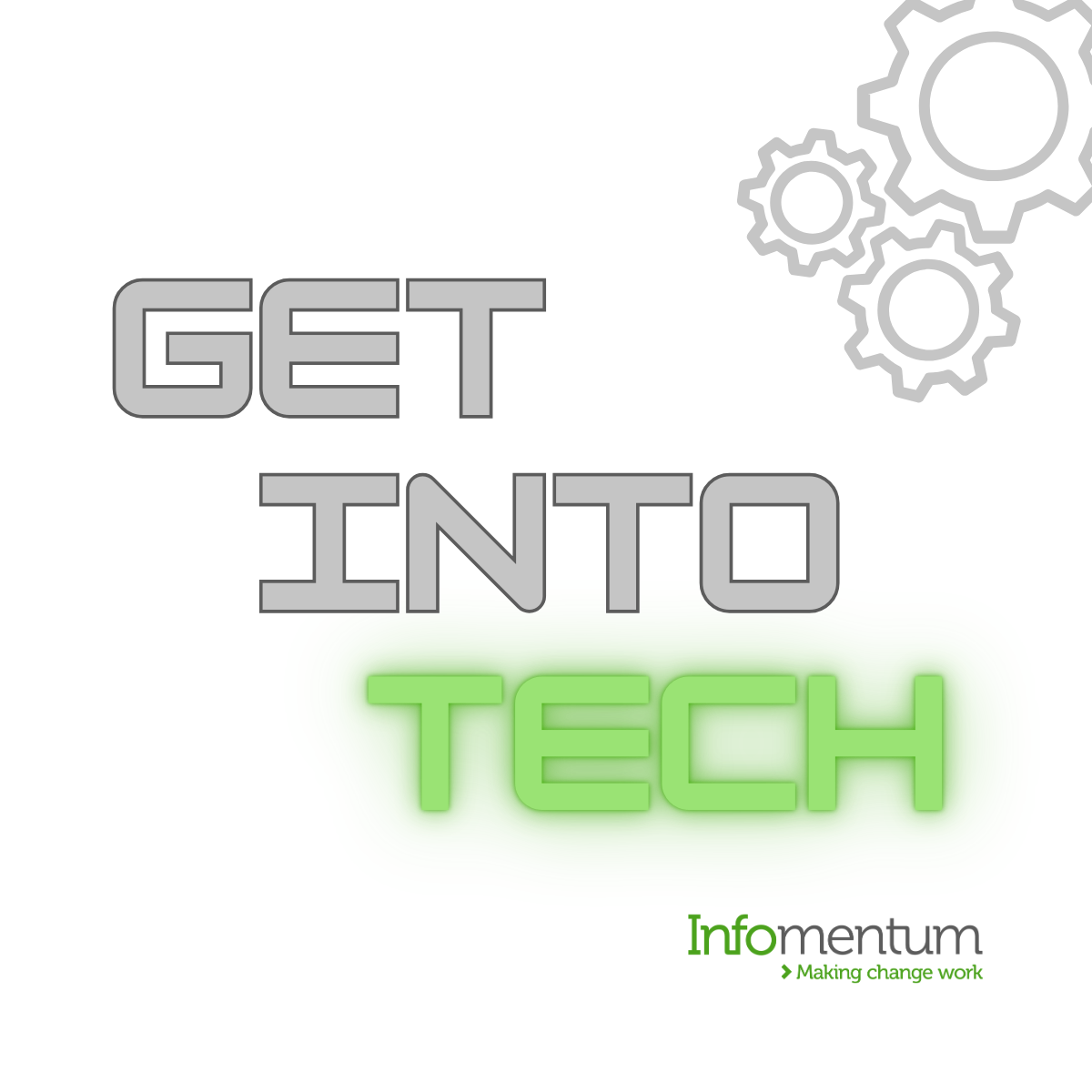Oracle Code Conferences started in March this year, in the red city itself - San Francisco. The event is doing the rounds worldwide, and I attended my local one in London last week with my Infomentum Colleagues. My initial thought was that it was really interesting to see how Oracle is attracting a different audience this time around; more technical oriented attendees, with a bigger spectrum of technical skills.

Oracle Code is sponsored by Oracle Developers (previously known as Oracle Technet). They had a great pool of presentations and technical sessions, talking about all subjects like Microservices, Node.JS, CQRS and more. The sessions were great, and I personally enjoyed all that I attended. Luckily, all sessions are recorded and watchable via their YouTube channel for those who couldn't attend. But now on to what you really want to know...what's direction is Oracle going?
The Good
I loved the new approach Oracle is taking with its audience. Oracle understands now that empowering developers will increase adoption and exploration of its different Cloud offerings, and with these events I'm guessing Oracle stock between developers is going to increase. With this in mind, I constructed a small list of things that Oracle correctly nailed with this event.
Simple"r" Cloud Architecture
Oracle is now starting to provide developers with a lot more options to fit different requirements. Oracle Cloud Container is one example, and the recent acquisition of Wercker is another example that Oracle is embracing the containerization approach. Another example is Oracle Application Cloud Service, which focuses more to empower Microservice / Serverless styled application - and with their simple RESTful APIs and Command Line Interface (CLI) SDK, it can be automated within any Continuous Integration environment.
Giving a chance for other Technologies and Frameworks to shine
One thing that was obvious in the event (that I believe was intentional), was Oracle showing it is not a Java-only company anymore. There were a lot of presentations about Node.js, and more focus on the right language for the task using Microservices, rather than showcasing a single language/technology stack, which was definitely welcomed by developers.
Offer something for different sizes of businesses
Oracle is pushing the "Pay as you go" approach, which can fit all different sizes of business and can provide a good alternative to Amazon, Google and Azure. It also revamped the whole cloud infrastructure using Oracle Bare Metal, and at first glance it looks very promising.
Following the trends closely
Oracle code was also showing that Oracle is aware of different technological trends, and is giving developers options to utilise them instead of forcing its own agenda - which is a great approach in my opinion.
The Bad
While Oracle did an amazing job in the event, there a few things that I would have loved to see or get answers for. However, since this is not an official Oracle conference, they were not obliged to do so!
Middleware stack fate
Oracle PaaS was the strength Oracle used to get into the Cloud market. This is changing right now, and while these PaaS products still there, there were no mention of any of the Middleware stack and how these products are going to adapt to change in the future.
Oracle Cloud checkout is still hard!
Oracle Code gives $300 in credit for Oracle Cloud. Claiming that is a different story though. You have to provide payment information regardless (and the payment fails a lot for some reason!) and adding cloud services to your account, whilst simpler than before, is still missing a lot of features (a simple search feature would be nice!). While this is not really Oracle Code's fault, it just shows that Oracle still needs some housekeeping in order to compete more effectively in the cloud space.
Current Oracle product developer base
Oracle Code Conference focused on gathering a lot of technical skills. Most of the talks and sessions were more focused around trendy subjects, and it is quite unknown how current Oracle developers can adhere to the new ways Oracle is pushing. Again, this is not the event's fault, but it would have been nice to gain some insights about these questions.
Overall, I think it was a great conference. I had a great time, and I got a free t-shirt to show for it!







